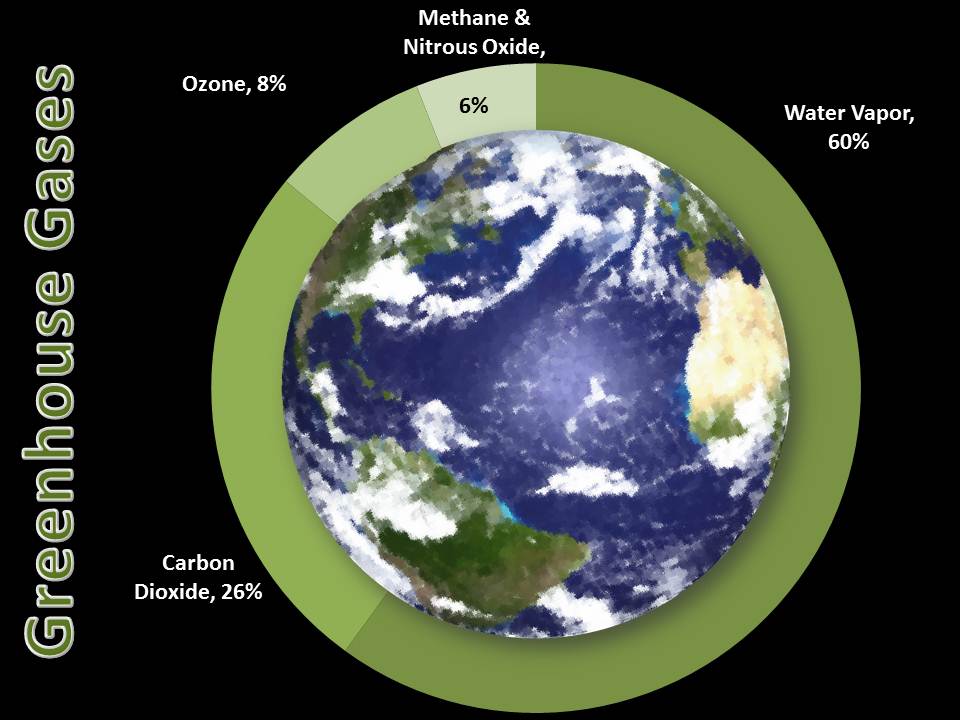There is substantial evidence that human activities contribute to the built-up of “greenhouse gases” in the atmosphere, leading to a gradual rise in global temperatures. In particular, carbon dioxide is produced when fossil fuels are burned to generate energy, or when forests are cut down and burned.
According to the Intergovernmental Panel on Climate Change, climate models predict that global temperatures will rise by about 1.4 to 5.8°C by 2100. This projected change is larger than any climate change experienced over the last 10,000 years – with potentially significant impact on the global environment.
To counter global warming, the 1992 United Nations Framework Convention on Climate Change was developed and signed in Rio. Under the Convention, developed countries agreed to reduce emissions of carbon dioxide and other greenhouse gases they release into the atmosphere to 1990 levels by 2000.
ADVERTISEMENTS:
These countries, which together account for 60 per cent of annual carbon dioxide emissions, also agreed to transfer to developing countries technology and information that would help them respond to the challenges of climate change. By December 2000, 186 countries had ratified the Convention.
United Nations negotiations on climate change are supported by the work of the Intergovernmental Panel on Climate Change (IPCC), which was organized jointly in 1988 by UNEP and WMO. The Panel, a worldwide network of 2,500 leading scientists and experts, reviews scientific research on the issue.
In 1989, its finding that human activities could possibly cause appreciable changes in the global climate system led to negotiations on the Climate Change Convention. By 1995, with access to new and more powerful computer models, the Panel found that there was “discernible human influence on the global climate”.
ADVERTISEMENTS:
The evidence presented by IPCC scientists was clear: the 1992 target, even if reached on time, would not prevent global warming and its associated problems. Additional reductions would be necessary.
In 1997, countries which had ratified the Convention met in Kyoto, Japan and agreed on a legally binding Protocol under which developed countries are to reduce their collective emissions of six designated greenhouse gases by 5.2 per cent between 2008 and 2012, taking 1990 levels as the baseline. In Nov, 2002, the I.G.P.C.C was held in New Delhi resulting in the formulation of the Delhi Declaration.

